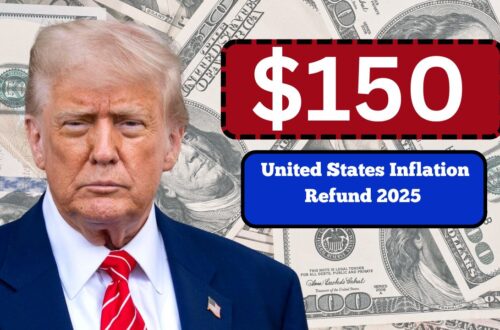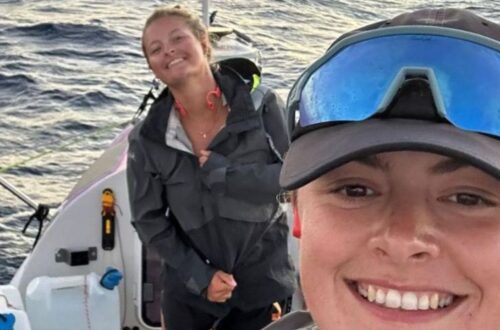On October 15, 2025, a Peruvian court rejected prosecutors’ request to bar former President Dina Boluarte from leaving the country.
The State Prosecutor’s Office had sought a 36-month travel restriction while ongoing probes examine alleged money laundering, possible illicit enrichment, and questions around luxury Rolex watches known locally as “Rolexgate.”
Judge Fernando Valdez ruled the petition unfounded, emphasizing there was no objective flight risk and that restricting her movement would be disproportionate at this stage.
Why Prosecutors Asked For A Ban
Investigators argue that several financial operations require precautionary measures.
Central to the case is a 2020 joint bank account that Boluarte reportedly opened with Braulio Grajeda, which—according to the investigation—may have received illicit funds potentially tied to paying a court-ordered civil reparation for fugitive politician Vladimir Cerrón.
Separate strands also review her use of luxury watches, alleged abuse of office, and the broader money-laundering hypothesis.
The Court’s Reasoning
The judge highlighted three pivotal points:
- No Flight Risk: The defense demonstrated Boluarte’s ties to Peru and lack of concrete indications she would flee.
- Due Process: The filing did not present specific, corroborated facts showing that her travel would endanger the investigation.
- Proportionality: Under Peruvian law, precautionary measures must be strictly necessary; the court deemed a travel ban excessive given current evidence.
Political Backdrop
The ruling arrives just days after Congress removed Boluarte from office on grounds of permanent moral incapacity, amid public frustration over crime and corruption scandals.
Congressional leader José Jerí was sworn in as president, pledging to stabilize the country ahead of the 2026 elections.
Boluarte, who governed from December 2022 to October 2025, left office with extremely low approval ratings (roughly 2%–4%), reflecting widespread discontent over security and governance.
Key Facts
| Item | Detail |
|---|---|
| Ruling date | October 15, 2025 |
| Judge | Fernando Valdez |
| Measure requested | 36-month travel ban |
| Decision | Request rejected; no credible flight risk |
| Main allegations | Money laundering, illicit enrichment/abuse of office, Rolexgate |
| Financial thread under review | 2020 joint account with Braulio Grajeda; alleged funds tied to Vladimir Cerrón case |
| Political context | Boluarte ousted by Congress; José Jerí now president |
| Public approval (prior) | ≈2%–4% |
What It Means
For now, Boluarte is free to travel while investigations continue.
The decision underscores a tightening judicial standard: travel bans in high-profile cases now require clear, demonstrable risk and stronger evidentiary links between the alleged crime and the need to restrict movement.
Practically, prosecutors must fortify their filings with concrete proof that a defendant’s travel would obstruct justice.
What’s Next
Authorities are pursuing parallel precautionary requests tied to different case strands (including public-function related allegations).
A separate hearing on a shorter proposed restriction is expected; any future limits on Boluarte’s movements will depend on new arguments and evidence meeting the court’s threshold.
The court’s refusal to bar Dina Boluarte from travel highlights a core principle of Peru’s justice system: precautionary measures must be necessary, proportional, and evidence-based.
While prosecutors continue probing financial flows, Rolexgate, and related allegations, the defense secured a procedural win.
With President José Jerí now in office and Peru’s political climate still unsettled, the unfolding case will test whether institutions can uphold due process while ensuring accountability.









